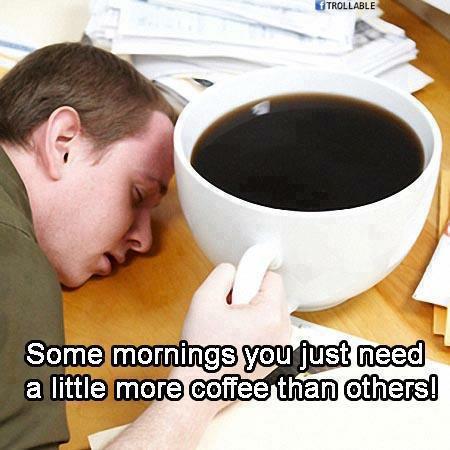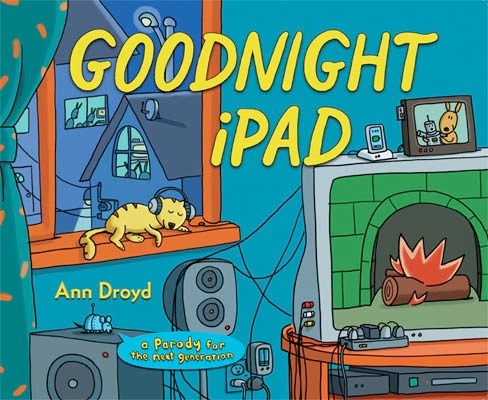|
Caffeine no longer improves alertness or mental performance after a few nights of sleep restriction!
"The data from this study suggests that the same effective daily dose of caffeine is not sufficient to prevent performance decline over multiple days of restricted sleep," Dr. Doty said in an American Academy of Sleep Medicine news release. The study included 48 healthy volunteers whose sleep was limited to five hours a night for five nights. The participants took either 200 milligrams of caffeine or an inactive placebo twice a day. (An average cup of coffee has 95 milligrams.) In addition, the volunteers were given mental skills tests every hour while awake. For the first few days, those who took caffeine had better test results than those who took the placebo. But that was not the case over the last few days of sleep restriction, the researchers found. "We were particularly surprised that the performance advantage conferred by two daily 200-milligram doses of caffeine was lost after three nights of sleep restriction," Dr. Doty said. Adults should sleep seven to eight hours each night, according to the U.S. Centers for Disease Control and Prevention. The findings, published online in the journal Sleep.
0 Comments
The American Academy of Sleep Medicine (AASM) has released official consensus recommendations for the amount of sleep needed to promote optimal health in children and teenagers to avoid the health risks of insufficient sleep.
The recommendations in the consensus statement are as follows:
The recommendations follow a 10-month project conducted by a Pediatric Consensus Panel of 13 of the nation's foremost sleep experts, and are endorsed by the American Academy of Pediatrics, the Sleep Research Society and the American Association of Sleep Technologists. The expert panel reviewed 864 published scientific articles addressing the relationship between sleep duration and health in children, evaluated the evidence using a formal grading system, and arrived at the final recommendations after multiple rounds of voting. The Pediatric Consensus Panel found that sleeping the number of recommended hours on a regular basis is associated with overall better health outcomes including: improved attention, behavior, learning, memory, emotional regulation, quality of life, and mental and physical health. The panel found that sleeping fewer than the recommended hours is associated with attention, behavior and learning problems. Insufficient sleep also increases the risk of accidents, injuries, hypertension, obesity, diabetes and depression. The panel also found that insufficient sleep in teenagers is associated with increased risk of self-harm, suicidal thoughts and suicide attempts. Create free educational games, quizzes, activities and diagrams in seconds! Host them on your own blog, website or intranet! No signup, no passwords, no charge! Just Click on the picture above
www.classtools.net |
Disclaimer: This website is for informational and educational purposes.
Any and all blog content represents a synthesis of empirical information found on the internet, of my own personal opinions, and my professional experiences. Nothing posted reflects or should be considered professional advice. Interaction with me via the blog does not constitute a professional or therapeutic relationship. For professional and customized advice, you should seek the services of a licensed mental healthcare professional. I do not assume liability for any portion or content of material on the blog and accept no liability for damage or injury resulting from your decision to interact with the website. Archives
August 2022
Categories
All
|


